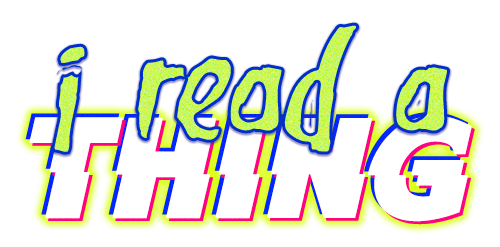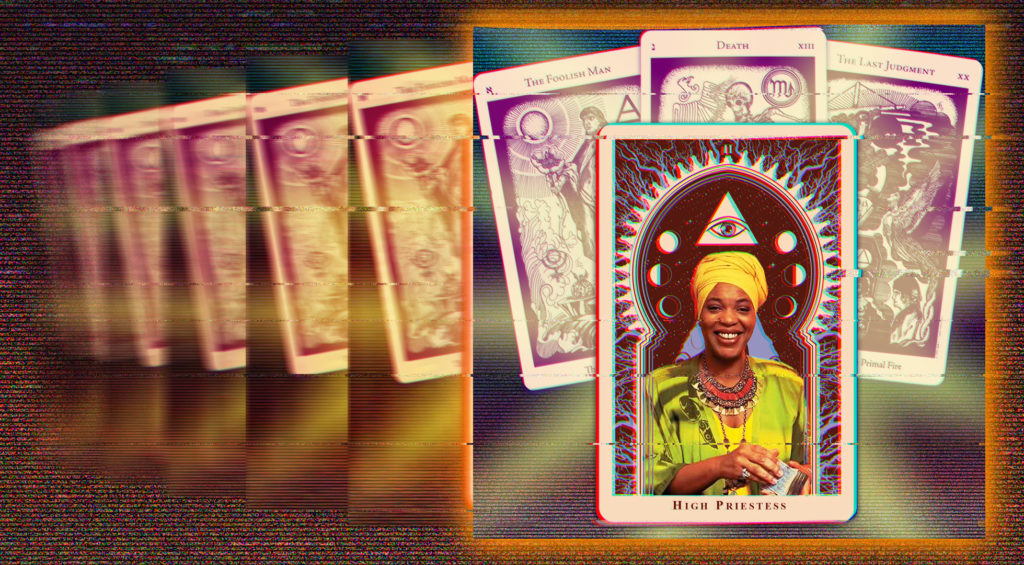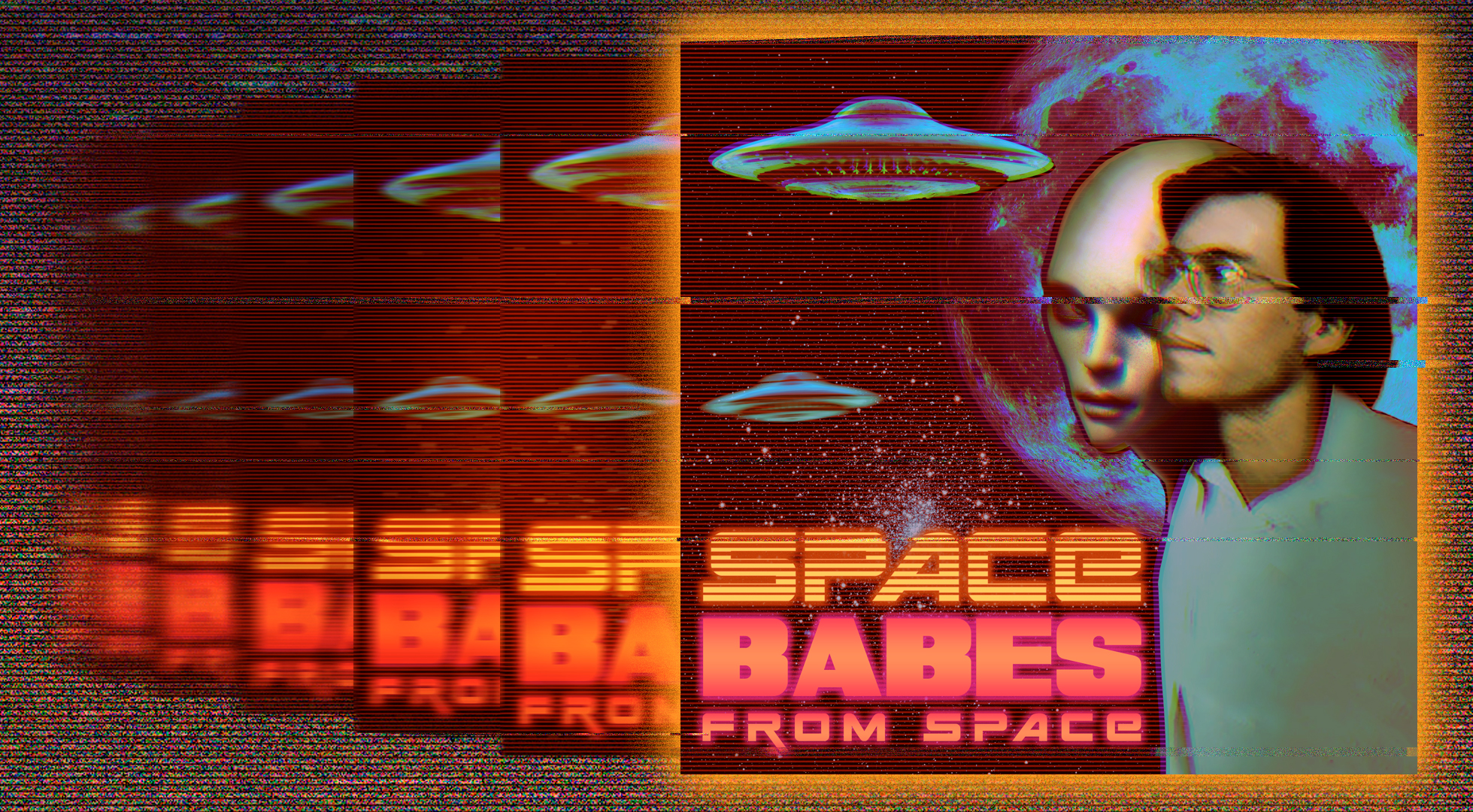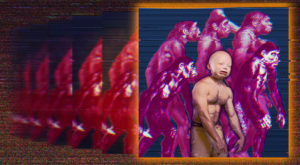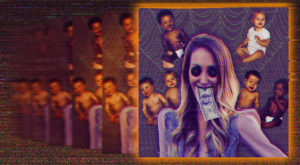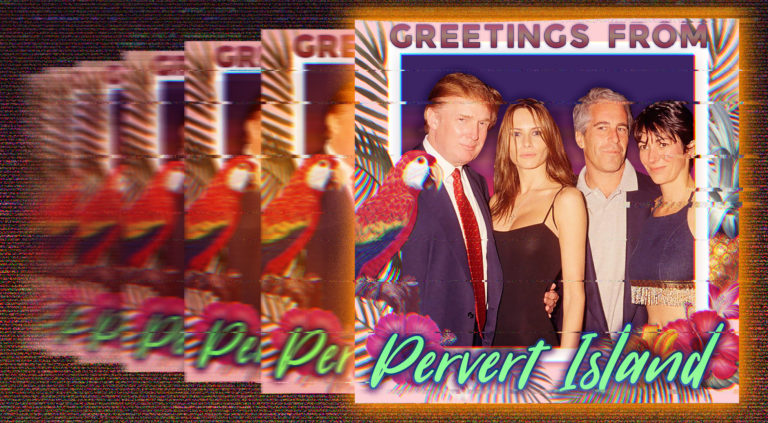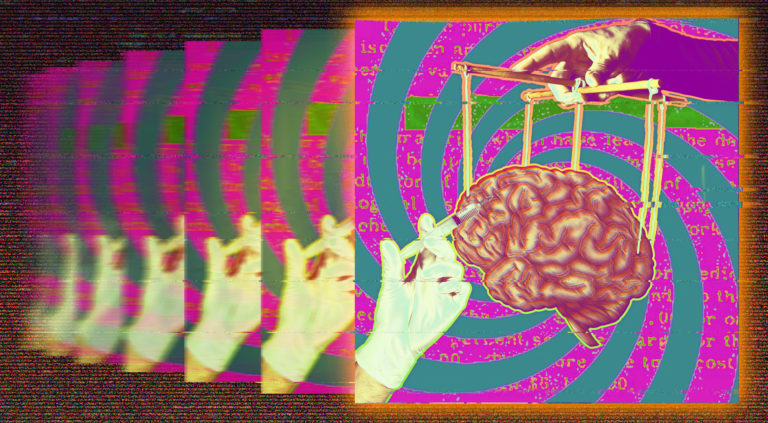Before Miss Cleo...A Brief History of Fortune Telling
Long before psychics graced our TV’s with their amazing and totally real talents, people gave readings the old fashioned way…
Some Techniques
Scrying (also called crystal gazing, crystal seeing, seeing, or peeping) is the ancient act of divination for the purpose of clairvoyance that was used by the egyptians, mesopotamians, persians and It is usually achieved by concentrating on or staring at an object having a shiny surface until a vision appears.
One legend states that the Goddess Hathor carried a shield that could reflect back all things in their true light. From this shield she allegedly fashioned the first magic mirror to “see.”
In ancient Persia, the Shahnama, a semi-historical epic work written in the late 10th century, gives a description of what was called the Cup of Jamshid, used in pre-Islamic Persia, which was used by wizards and practitioners of the esoteric sciences for observing all the seven layers of the universe.
Alchemists Edward Kelley and John Dee employed a form of scrying using a small crystal ball or shewstone – a piece of polished obsidian, which are now on display at the British Museum in London.
In the late 1820s, Joseph Smith, Jr. founded the Latter Day Saint movement based in part on what was said to be the miraculous information obtained from the reflections of “seer stones”.
He had at least three separate stones, including his favorite, a brown stone he found during excavation of a neighbour’s well. He initially used these stones in various treasure digging quests in the early 1820s, placing the stone in the bottom of his hat and putting his face in the hat to read what he believed were the miraculous reflections from the stone. Later, when Smith’s thoughts turned to religion and prophecy, Smith used the brown stone while dictating the text of the Book of Mormon, stating that he could see the text of that book within the stone at the bottom of his hat.
Fun side note about scrying: BLOODY MARY!
You know …the game where you say “Bloody Mary” a bunch of times into a mirror into the dark to scare the shit out of yourself…well, that comes from an old ass tradition. It goes that young women, gazing into a mirror in a darkened room (often on Halloween) could catch a glimpse of their future husband’s face in the mirror or a skull personifying Death, if their fate was to die before they married.
Another form of the tale, involving the same actions of gazing into a mirror in a darkened room, is used as a supernatural dare in the tale of “Bloody Mary”. The motive is usually to test the adolescent gazers’ mettle against a malevolent witch or ghost, in a ritual designed to allow the scryers’ easy escape if the visions summoned prove too frightening.
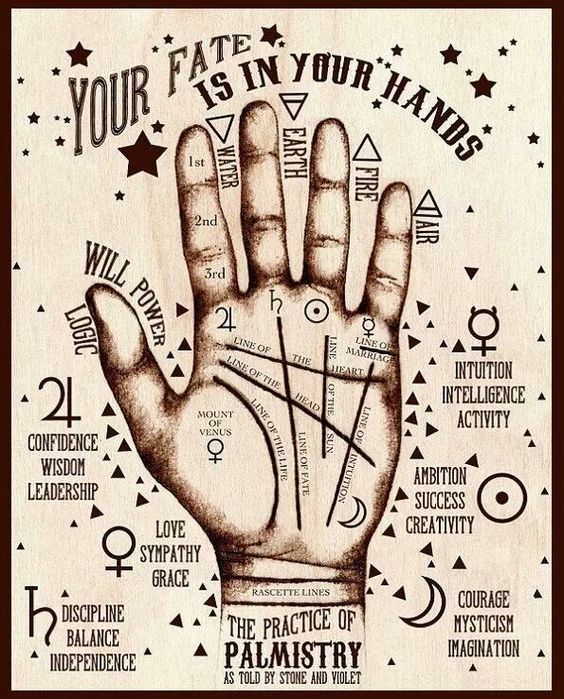
Palmistry also called chiromancy or chirosophy, reading of character and divination of the future by interpretation of lines and undulations on the palm of the hand. The origins of palmistry are uncertain. It maybe began in ancient India and spread from there. It was probably from their original Indian home that the traditional fortune-telling of the Roma was derived. The chiromantic art has been known in China, Tibet, Persia, Mesopotamia, and Egypt, and it underwent significant development in ancient Greece. Medieval palmistry was used by witch-hunters, who interpreted pigmentation spots as signs of a pact with the Devil.

Tarot Cards likely originated in northern Italy during the late 14th or early 15th century. The oldest surviving set, known as the Visconti-Sforza Deck, was created for the Duke of Milan’s family around 1440. The cards were used to play a bridge-like game known as tarocchi, popular at the time among nobles and other leisure lovers. According to tarot historian Gertrude Moakley, the cards’ fanciful images—from the Fool to Death—were inspired by the costumed figures who participated in carnival parades.
The game of tarocchi eventually spread to other European countries, including southern France, where it was renamed tarot. The cards were not regarded as mystical until the late 18th century, when the occult came into vogue. A man named Antoine Court de Gébelin wrote a popular book linking the cards to ancient Egyptian lore, arguing that tarot symbols contained the secret wisdom of a god called Thoth. Around the same time, Jean-Baptiste Alliette, writing under the pseudonym Etteilla, published a treatise on using tarot cards as divination tools.
Mystical groups such as the Theosophical Society and the Rosicrucians turned tarot into an American fad during the early 1900s. Many American tarot practitioners use a set of cards known as the Waite-Smith Deck, created in 1909 by A.E. Waite, a British member of the Hermetic Order of the Golden Dawn, and the artist Pamela Colman Smith. Another popular deck, the Book of Thoth, was developed by magician-cum-guru Aleister Crowley. Both have become de rigueur accessories for modern fortune tellers.
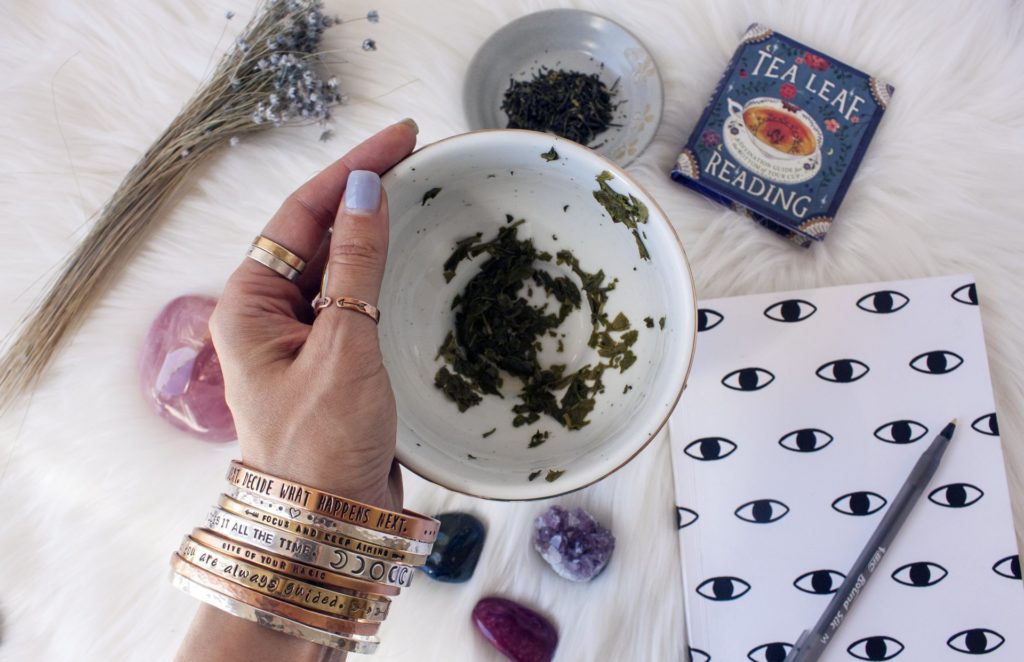
Tea Reading also known as tasseography, is said to have origins in Asia, the Middle East, and Ancient Greece, with Middle Eastern cultures typically using coffee. However, modern tea leaf reading began in the 17th century, when tea was introduced from China to Europe.
Tea leaf reading was thought to have developed because life was often discussed over a cup of tea. People realized that they could see their discussions reflected in their tea leaves, much like finding shapes in clouds in the sky. The Romani people continued to spread tea leaf readings throughout Europe, even going door-to-door to offer tea leaf reading services. By the mid-1800s, the Romani were regularly incorporated into European tea culture, with tea parlors and tea rooms inviting them in to offer tea leaf readings to guests.
In the U.S., tea parlors opened in the 1800s, with tea becoming more and more popular over the years. After WWI, women in the U.S. even began opening their own tea parlors. They would serve light snacks, offering to read tea leaves after drinking to further increase the experience of community. From this, the art of tea reading was often passed down between women from generation to generation. Although there is thought to be a level of clairvoyance involved in tea leaf reading, it is something that you can do at home.
Tea leaf readers interpret the symbols and patterns found in the leaves. Typically, this is done with a black loose leaf tea drunk out of a light colored cup in order to see the tea leaves more clearly. The person having their fortune read is often asked to think of a question that they would like answered as they drink the tea, leaving about or two inches at the bottom of the cup. From here, the teacup is turned upside down and tapped to move the tea leaves onto the saucer. Tea leaves are usually interpreted by reading from the rim inwards, with the events near the outside thought to depict what is going to happen first, and symbols near the center of the mug showing what is going to happen in the distant future.
TV PSYCHICS! The Fun Begins!
According to a 2016 report, the psychic industry has been steadily growing since 2010, bringing in around $2 billion in revenue a year.
Check out a few awesome TV Psychics: Tyler Henry, John Edward, Theresa Caputo and Chip Coffee
Sure, these TV personalities are awesome, but none hold such a fond place in our (older millenials) hearts than the one and only MISS CLEO!
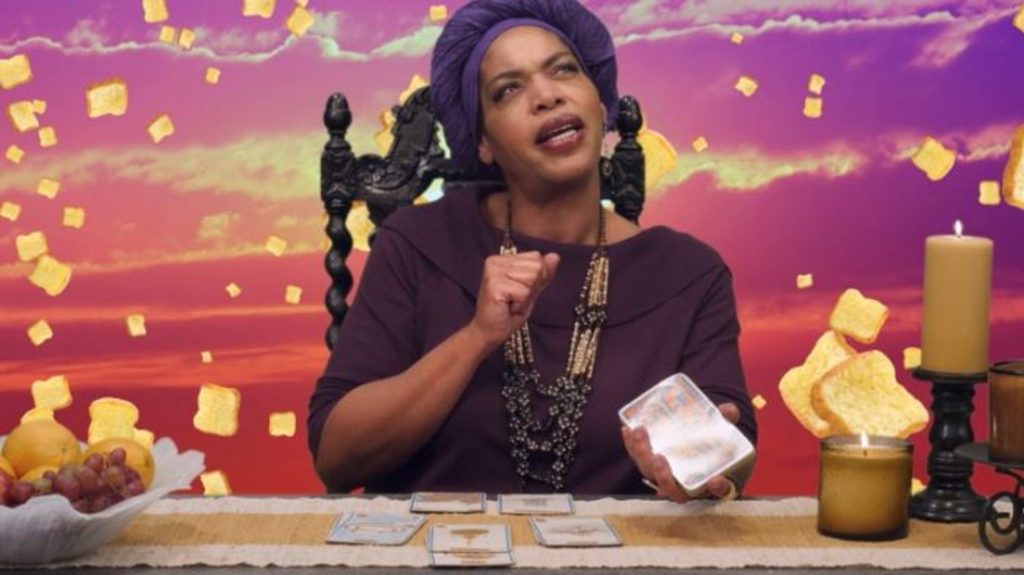
Meet Miss Cleo
AKA Youree Dell Harris
AKA Rae Dell Harris
AKA Cleomili Perris Youree
AKA Ree Perris
Born in LA on August 12, 1962 to a Catholic Carribean family.
She attended an all girls boarding school – was well to do – graduated in 1980 and claims to have enrolled at the University of Southern California, though the school has no record of anyone with any of her many aliases attending.
In the 90s, she worked in Seattle as a playwright and produced 3 plays from 96-97, “For Women Only”, “Summer Rhapsody” and “Supper Club Cafe”.
In, “For Women Only” she also acted in the play, starring as a Jamaican woman named Cleo – a turban-wearing Jamaican who sold trinkets at a market.
Apparently Cleo had dealt poorly with the grant money she was given by the Langston Center for her plays. Actors were left unpaid, and the Langston Center wanted answers. They were going to press charges but decided the legal action would cost far more than that money.
“She owed people money,” says Darcell Hubbard, who directed one of the three plays Harris produced at the Langston Hughes Performing Arts Center in 1996 and 1997. Hubbard says some of the teenage theater ushers were given $200 checks that promptly bounced when Harris skipped town after telling some of her colleagues that she had sickle cell anemia and others that she suffered from bone cancer.
So “Cleo” left town.
“She always talked to me in that voice,” says composer Derrick Brown, who recalled Harris practicing her accent onstage and off, “and I thought, ‘Boy, she’s a weirdo.’ ”
She was still using the accent when she moved to Florida in 1998 and began working as a tarot-reading psychic for a so-called “bookstore” – a telemarketing center also known as the Psychic Reader’s Network, to which calls are routed from different numbers around the country. Miss Cleo was born.
Harris worked for and was the spokesperson for The Psychic Readers Network from 1997-2002, playing her character, Miss Cleo.
The Psychic Reader’s Network wanted Miss Cleo’s true identity as a playwright from the USA to never be known.
“She’s become a household name simply by the sheer force of her psychic gifts, which she’s honed since she was a little girl in the Caribbean,” the company’s site used to advertise. “Born in the Trelawny section of Jamaica, Miss Cleo says she noticed at a very young age that she had unique talents.”
Miss Cleo goes back and forth on her idea of the truth.
Miss Cleo, Vice InterviewMy parents were not broke; I went to a very high-end boarding school. The [people I did the hotline with] did not want the public to know that about me. People magazine actually insinuated my parents were drug traffickers in an article they did on me... The people I used to work for didn't want people to know that I was an accomplished playwright. They didn't want people to know anything. They wanted people to think I just came fresh from Jamaica.
Trouble With The Law
2002. FTC opens investigation into The Psychic Readers Network and Access Resource Services Inc. – the 2 companies based in Ft Lauderdale, FL responsible for the telephone hotline.
The companies also have been sued by Arkansas, Illinois, Missouri, New York, North Carolina, Oklahoma, Pennsylvania and Wisconsin.
The FTC complaint accused the service of making false promises of free psychic readings, using tricky billing tactics to squeeze money out of consumers and making unrelenting and abusive telemarketing calls.
“Considering the laundry list of unfair and deceptive practices in this case, it’s a mystery to us why Miss Cleo and her employers haven’t seen this coming,″ said Howard Beales, the agency’s director of consumer protection. He said the FTC acted after getting more than 2,000 consumer complaints over 18 months.
Customers were upset that the service promises a free psychic reading, but when they’d call a toll-free number they’d be directed to a 1-900 number charging $4.99 per minute. The fees add up after an initial free period of three minutes with callers usually on hold.
An average call costs more than $60
The psychic operators go to great lengths to make the calls last as long as possible and were known to lie to customers saying they wouldn’t be charged while on hold.
Employees Agree the Practices were FUCKED
I found two different accounts from women who worked for The Psychic Reader’s Network – Bennett Madison, who took the job the summer after her sophmore year of college after finding an ad for phone actors in the back of the Village Voice and Amber Brooks, who took the job after dropping out of engineering school due to a stress induced mental breakdown. She wanted a job she could work from home and found the ad intriguing. She said to this, “I was immediately intrigued when I came across a listing for telephone psychic. I was articulate. I could tell stories. I had won oratory awards in high school. Friends often asked me for advice. Tarot cards seemed interesting. Sure, I could talk to some people on the phone, I thought. How hard could it be?”
According to Bennett Madison, in her essay for the NYT, “Getting hired was easy. We called a creep in Florida and got the job on the spot, no questions asked. “
Amber’s interview took place over AOL chat, where she had one phone interview prior to being hired. “The manager asked me if I had psychic abilities. I said something like, “Well, as a woman, I believe I have great intuition. Men don’t really have intuition, in my experience, so I’m more gifted than half the population.” She laughed and said, “Good enough.”
Their training consisted of learning about Tarot cards and how to weave the meanings of the cards into stories.
The “psychics” were expected to keep a 24m call average minimum. at $3.95/ minute that really adds up!! Ironically, many of the people who called in were calling for financial advice.
“Almost all of the callers were incredibly lonely and the problems they talked about were serious: dire job, family, financial, and marital problems. Some of these people clearly called once or twice a week — if not more. I couldn’t help but do the math and think about the huge amount of money they were wasting. The last call I ever took was from an elderly woman. She was one more caller with financial problems, but this did not begin as a routine call. First, she asked to speak with Miss Cleo. I gave the standard reply: Miss Cleo was not currently working the lines, but I’d be happy to help her. She insisted she needed to speak with Miss Cleo, specifically. Apparently, she had spoken with her before. I wondered how many phone psychics donned a fake Jamaican accent. This woman believed she’d been having genuine, personal, email correspondence with Miss Cleo. The Miss Cleo. One of the emails told the lady that she must call on this day at this time to find out something important. Very important! The woman was following the instructions to find out the very important information she would need in her life. She kept saying, “Miss Cleo told me to call. Today. Now.” Her life was in shambles, mostly financial. I wondered at what frequency she’d been receiving emails prompting her to call, and how much money she’d spent on her friendship with Miss Cleo. I felt sick about it. Still, I let her talk about her problems for well over 24 minutes. When I hung up with this woman, I went to my computer. I opened AOL chat and looked for my manager’s handle. I was done. I lasted three weeks. This job experience made me more cynical about the world and more skeptical of corporations.”
– Amber Brooks, What It Was Like Working For A Billion-Dollar Sham
In the end, the parties settled, with Psychic Resource Network and Access Resource Services Inc agreeing to cancel $500 million in currently outstanding bills, return all uncashed checks and pay a $5 million fine. And although it wasn’t included in the fraud charges, as a result of the FTC complaint, it was revealed that Miss Cleo was actually born in Los Angeles, California.
PEOPLE WERE PISSED.
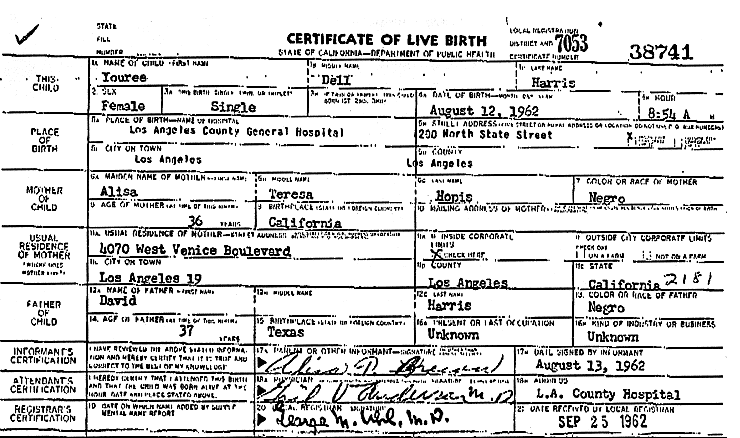
Many among the public thought she was behind the whole scam, but she was actually just a (poorly compensated) employee of the company.
“I probably made a little less than $450,000 for the two-year run of the thing. I got $1,500 for the first show and was making more by the time I was finishing with them.”
“Most people were making 14 cents a minute doing the calls. I was on the high side of the equation, making 24 cents a minute,”
She was not charged with anything in the case against her employer. Even still, she was rumored to be in jail etc by tabloids etc even though that wasn’t true, which also sucked for her.
In 2006, “Miss Cleo” appeared in The Advocate’s “Coming Out” where she announced she was a lesbian. Though she’d once been married to a man and had two children (one with him, one later in life), “I’ve been gay since I was about 16,”
We Stan a Coming Out Story
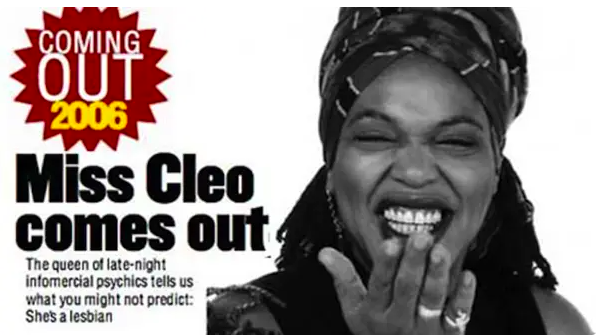
In that same interview, “Miss Cleo” insisted that she was genuine. She swore that she had Jamaican roots even after all of the lawsuits and drama of the past couple of years.
Miss Cleo, The Advocate"I'm more a shaman, an elder in a community who has visions and gives direction to people in their village. My clients and my students are my village. I take care of this community. If you sit down at my table, you have to take away a lesson and not just learn what is going to happen tomorrow. I also perform weddings — both gay and straight marriages — and house cleansings and blessings."
The last time the world heard from Miss Cleo is this interview with the Spokesman-Review from 2009. According to the interview, she still went by the name of Miss Cleo. She lived in Florida and continued to perform readings that cost anywhere from $75 to $250. Most importantly, she didn’t call herself a psychic anymore — she was now a voodoo priestess.
Harris was diagnosed with colon cancer but it spread to her lungs and liver. She died following a long illness on July 26, 2016, at age 53.
